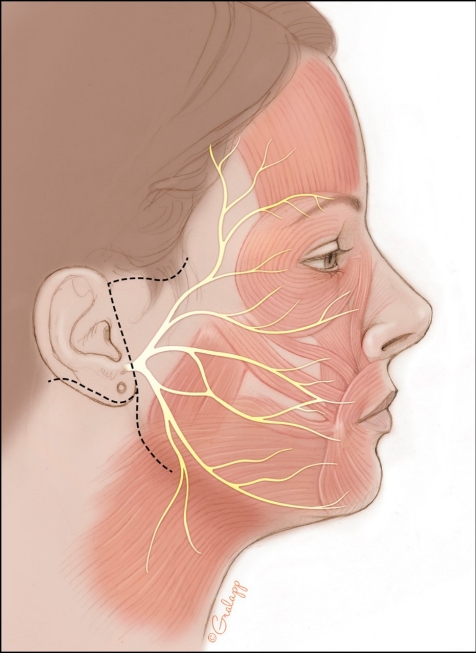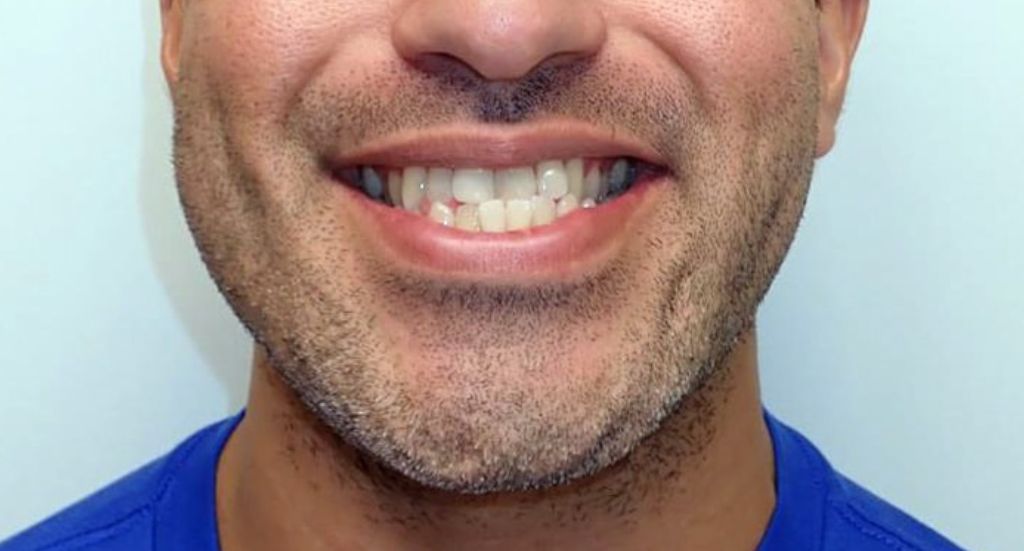Jaw Surgery: An Archaic and Inhumane Medical Practice
Orthognathic (jaw) surgery is often promoted as a cutting-edge solution for misaligned bites, jaw pain, or facial imbalance. Patients are told it is a modern, reliable, and almost routine procedure. But beneath the polished promises lies a sobering reality: jaw surgery is not modern medicine at its best. In fact, it is one of the most archaic, invasive, and inhumane interventions still widely practiced in the developed world.
The Nature of the Procedure: Violence Disguised as Treatment
Patients often endure 8 to 12 weeks of immobilization, with chewing severely limited. Swelling can obscure the face for months, and permanent pain and numbness of the lips, chin, or cheeks is a frequent outcome. The face, which is central to identity, communication, and social interaction, is treated like an orthopedic construction project rather than the delicate, integrated system it is.
In an age where minimally invasive techniques are the gold standard across medicine—from heart surgery to neurosurgery—the idea of breaking the bones of the face, wiring them, and hoping they heal correctly is undeniably primitive.
Documented Risks and Underreported Complications
Some of the risks are documented, though rarely emphasized to patients:
Nerve pain / damage: Up to 85% of patients report persistent pain or numbness after surgery. In many cases, this is permanent.
Jaw joint deterioration: Temporomandibular joint (TMJ) problems may worsen post-surgery, leaving patients with new pain or dysfunction.
Facial immobility: Damage to nerves and scarring can reduce the ability to smile or express emotion naturally.
Aesthetic dissatisfaction: Many patients regret the cosmetic changes, finding themselves puffier, asymmetrical, or simply not recognizing their own face.
Psychological fallout: Depression, anxiety, and identity disturbance are widely reported among dissatisfied patients.
Even when complications are recorded in medical literature, they are often minimized or reframed. Chronic numbness may be described as a “sensory alteration.” Severe pain can be downgraded to “mild discomfort.” Long-term functional decline may be dismissed as a “minor issue” if it doesn’t require immediate revision surgery.
This systematic underreporting and reframing of harm is part of what makes the practice inhumane. Patients are deprived of true informed consent, lulled into believing that major risks are remote, when in reality they are common.
A Relic of Outdated Thinking
The origins of jaw surgery stretch back more than a century. Early techniques were crude, and while refinements have been made in surgical tools and anesthesia, the basic philosophy remains unchanged: break the bones and rearrange them.
Compare this with other once-common medical practices. Lobotomies were once performed in the name of psychiatric care, and bloodletting was once seen as standard treatment. Both are now condemned as barbaric because they inflicted great harm for uncertain or overstated benefits. Jaw surgery, despite its modern branding, belongs to this same lineage of destructive interventions that future generations will almost certainly look back on with disbelief.
Why Does It Continue?
If jaw surgery is so damaging, why does it persist? Several forces keep it alive:
Financial incentives: Orthognathic surgery is lucrative. It sustains a multi-billion-dollar industry that includes surgeons, orthodontists, device manufacturers, and hospitals.
Institutional momentum: Once a procedure is widely taught, promoted, and standardized, it becomes self-perpetuating. Medical schools and professional associations normalize it.
Psychological framing: Patients are often told surgery is not optional—that it is “necessary” to prevent future problems or to achieve a normal life. This framing pressures vulnerable young people into compliance.
Lack of alternatives: Non-surgical treatments for jaw irregularities exist (such as orthodontics, physical therapy, or lifestyle adaptation), but they receive little funding or attention because they are less profitable.
The Human Cost
Behind the clinical descriptions are real human lives. Patients who undergo jaw surgery may find themselves:
Unable to smile or laugh without pain.
Living with faces that no longer resemble who they once were.
Trapped in cycles of revision surgeries, each with diminishing chances of success.
Dealing with daily pain and regret from a decision made under pressure.
The psychological trauma is profound. The face is deeply tied to identity, self-image, and relationships. Altering it through such a blunt and destructive method can leave patients feeling alienated from their own reflection.
A Call for Ethical Medicine
True medical progress is measured not only in what can be done, but in how much suffering is spared in the process. In 2025, with all our advancements in imaging, biomaterials, regenerative medicine, and minimally invasive techniques, continuing to rely on bone-breaking as a standard of care is indefensible.
Jaw surgery should be seen for what it is: a relic of outdated medical thinking, an intervention that prioritizes mechanical correction over human dignity. Like lobotomies, it may one day be remembered as a dark chapter in medical history.
Until then, patients deserve full honesty: jaw surgery is not modern, not humane, and not the inevitable path it is often portrayed to be.
More on AvoidJawSurgery.com


